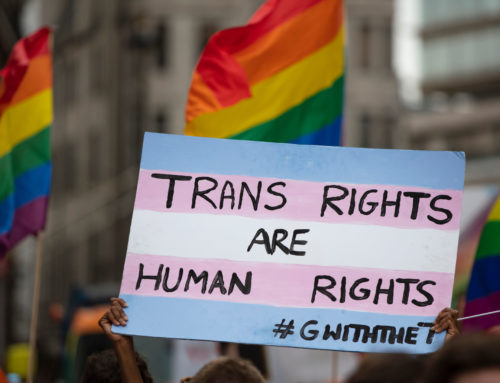In today’s electronic age much communication is done using text messages, WhatsApp messages and even Facebook, LinkedIn and Twitter as opposed to the more traditional email and telefax.
The result is some confusion when agreements are reached using these alternative communication mediums.
The anticipation of arbitration: an example of where electronic communication was used
The employee’s attorney and the chairman of a football club had concluded a settlement agreement via an exchange of WhatsApp messages. The attorney then followed up with a written agreement, but the chairman of the club refused to sign that agreement.
The employee then approached the dispute resolution council to enforce the electronic agreement.
The football club opposed the application on the basis that the chairman of the club had alleged that he had been intimidated into settling the claim, as the attorney had told him he would “lose the case”
The arbitrator considered the evidence before him in light of the Electronic Communication and Transactions Act and found that both WhatsApp and SMS messages would constitute “data messages” and fall within the ambit of that act. The Act further goes on to state that data messages have legal affect and agreements are concluded at the time and the place where the offeror received the acceptance of the offer. In this instance, the messages exchanged between the attorney and the club chairman recorded the amount of the settlement, the method in which payment would be made and the date on which such payment would be made. These would constitute material terms of an agreement and for that basis, a binding agreement had been formed.
He went on to state that this settlement agreement was not one that requires a signature by law, and in addition, there was no pre-condition that such signature was required to formalise the agreement. As such, the text messages constituted an electronic transaction which was of legal force and effect.
#MLBSouthAfrica #LabourLaw






